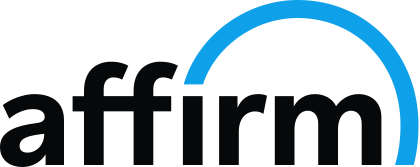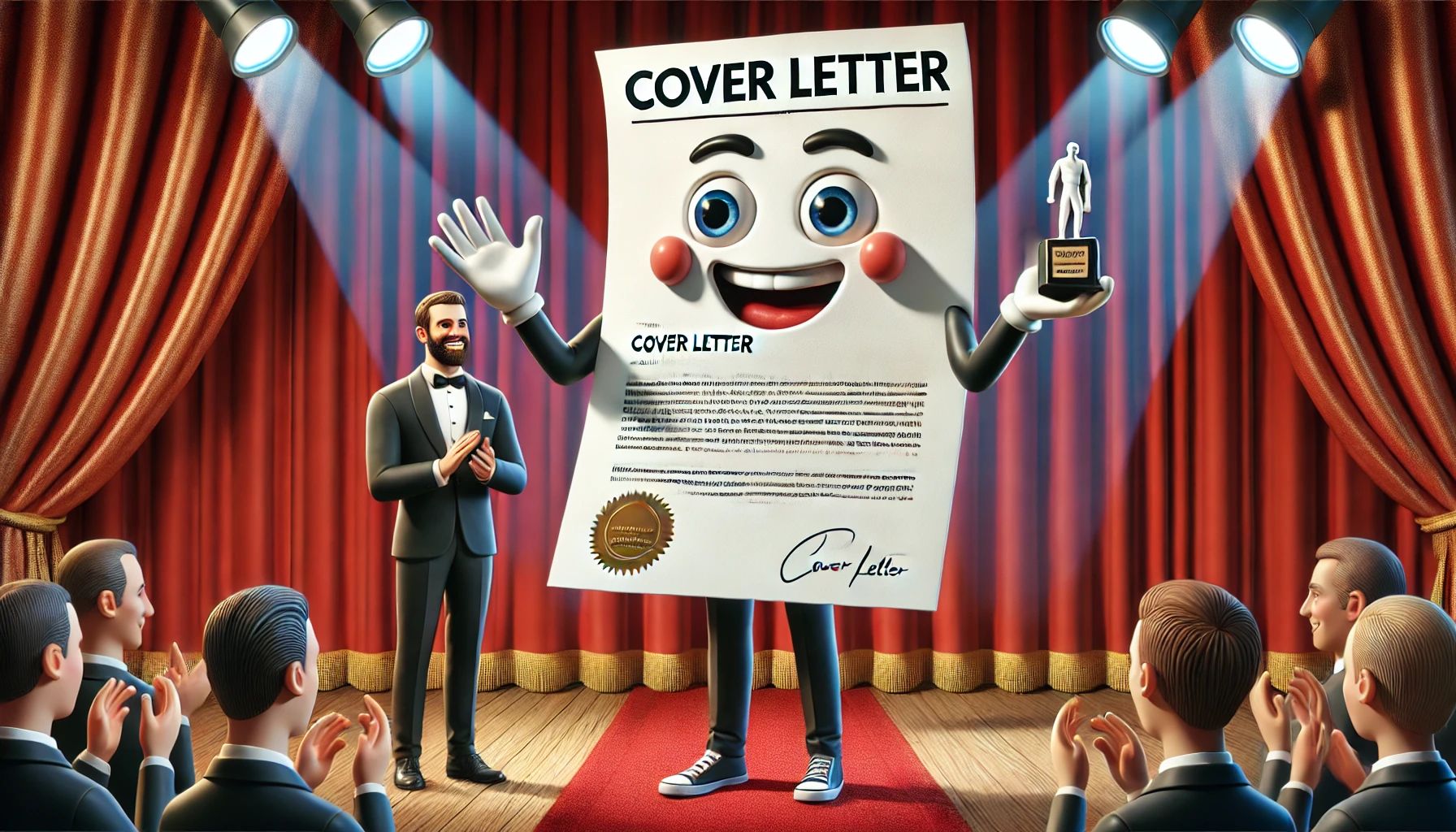
Cold submission to an employer – YES
A “cold” resume submission is when you reach out to entities that have not posted openings for positions that you are seeking, but they do hire professionals with your background. The idea is to catch the attention of decision makers who may be planning to post openings for a position soon. In this scenario, your cover letter introduces you (and your new resume) to the reader. If you have done your homework, it can also be addressed to the decision maker within the target department. Of course, a well-targeted resume gives the reader an idea of the types of skills you are looking to bring aboard and use, but pairing the cover letter with the resume is just proper etiquette when sending your resume for consideration.
Reply to posting or vacancy – YES
Just as with the cold submission, sending an accompanying cover letter when applying to a specific position vacancy is just proper business etiquette. In this case, the cover letter can notate the specific job identification number (if available) and demonstrate specific matches of your talent with the job posting to make it easy on the reader to see the match.
Networking – NO
When attending events designed purely for networking, the key is to be brief, deliver your pitch and move on. As such, a cover letter isn’t needed. In fact, one’s resume is usually abbreviated even more than usual. The idea is to facilitate a high-level introduction to the contact without monopolizing each contact’s time or overburdening them with excessive documentation to read. If the high-level contact reveals a potential relationship match, additional information can be provided down the road.
Job Fairs – YES
When it comes to job fairs, you can (and should) consider them mini-interview opportunities. Your engagements with each job fair company participant will be brief. A well-constructed general cover letter is the tool of choice here. In it, you may be addressing a more broad skill set within your chosen profession, since in most cases you won’t be conversing about one specific position.
Professional Contacts – NO
When it comes to your own professional network, the communication is likely to be a little less formal than in some of our previous examples. When you need to get that network in motion, your resume is usually all that is needed at that point. You always have the option of preparing and providing them with a cover letter that adds a little more focus if they are able to alert you to an opportunity that arises. If it is for a specific position, you can tailor it to that job. You can also research the entity and perhaps address any recent good news on them that you find.
Recruiters – YES
Our friends the recruiters have the task of matching your goals with the needs of their clients. They get dozens (and sometimes hundreds) of resumes daily and their time is valuable. The more information they have to facilitate that good match, the better for all involved. A good cover letter (addressed to the recruiter) and advise them of your professional priorities, your availability, willingness to relocate, and other pertinent information that can help save time. This is also an excellent opportunity to explain any scenarios that cannot be addressed in the resume. A good cover letter writer can assist with this.







